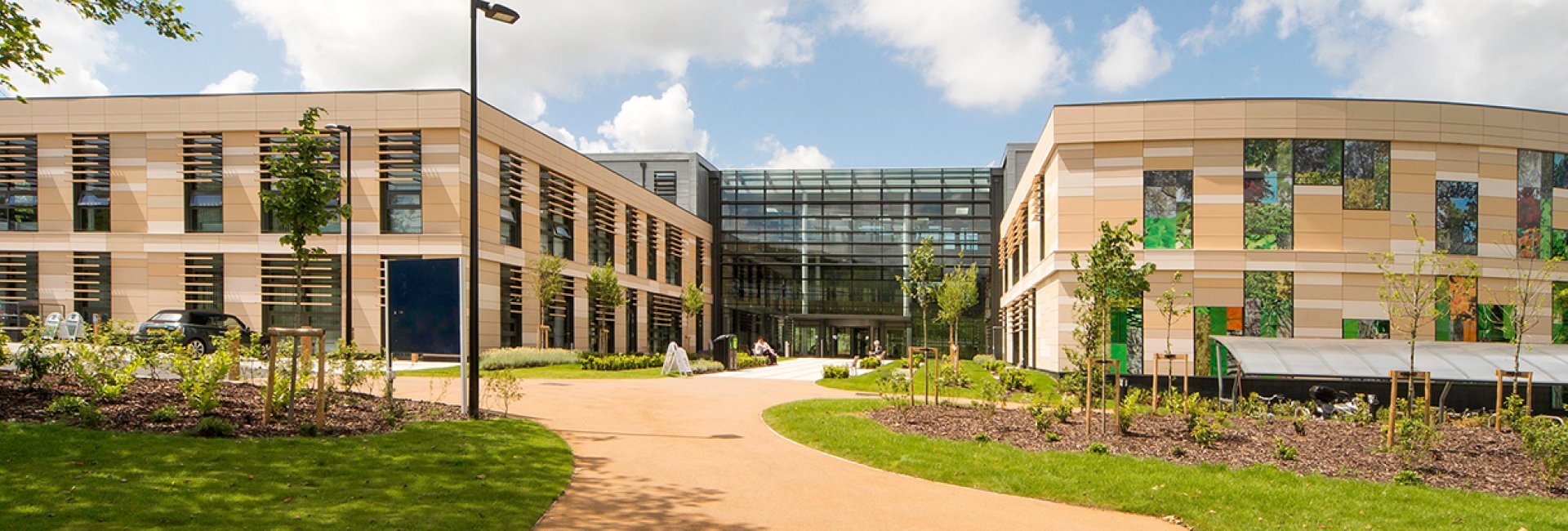Bath Spa University
Newton Park
Newton St Loe
Bath
BA2 9BN
Visit our website Visit our course page
Course contact details
Bath Spa Admissions Team
Email:admissions@bathspa.ac.uk
Phone:01225 876180

Become a journalist for the twenty-first century and tell the stories that matter with our publishing and journalism degree.
Develop a stunning portfolio of digital journalistic writing from environmental campaigning to lifestyle features.
Gain high-quality work experience with major media companies and student magazine Milk.
Build skills for a career in the creative sector, including digital marketing, audience analysis and compelling copywriting.
This is an exciting time to be a journalist. With digital storytelling at the heart of contemporary reporting, stories are now told across a range of platforms and the industry is being transformed to meet the challenges and opportunities of the digital age.
We aim to develop a new generation of highly-skilled, pro-active and agile creatives with a nose for a story. You’ll understand the power of image and video content. You’ll develop a range of research approaches to give your work originality and depth.
You’ll have opportunities to work on journalistic briefs and digital social campaigns for a wide range of organisations, as well as live reporting at events such as TEDx and the Historical Writers’ Association Awards. You’ll enjoy our unique campus, surrounded by wildlife and a beautiful 18th-century landscape, perfect for social media nature stories or collaborations with our wildlife conservation students to share environmental stories.
This flexible journalism course is designed to let you focus on your interests and passions across a range of areas including fashion, environment, science, entertainment, sports and politics. You’ll play to your strengths, whether in news and investigative features, consumer and independent magazines, or creative campaigns across social platforms.
With industry-standard facilities and specialist workshops in print, digital and live content, we aim to ensure that you graduate as an expert in publishing software and digital production techniques, along with a strategic approach to creative content development.
You'll also get specialist journalistic insights through the CORQ Brand Briefings, access to key industry resources such as Nielsen Bookscan sales data, the BookMachine online industry community and Society of Young Publishers South West events, some of which are hosted at the University.
Year one -
We’ll teach you the core skills of journalism: concise, meaningful and accurate writing and solid desk research skills. Fast-turnaround deadlines will get you used to quickly assessing and distilling information.
You’ll experiment with different types of content and take creative risks to make exciting, new, innovative publications. You’ll be introduced to the contemporary global media industry, learn how to edit your work, and produce publications using industry-standard software.
Year two -
Alongside enhancing your writing skills and learning how to develop original research material, you’ll explore digital storytelling techniques for multiplatform journalism and social media campaigns. These might include photography, video, podcasting and live creative content-making for major events on Twitter and Instagram.
Optional modules allow you to focus on specialist areas, both practical and theoretical, such as international journalism, data journalism, science journalism, and publishing skills for social enterprise and charity work.
Year three -
You’ll gain a solid grounding in the latest digital publishing techniques. With the expert guidance of tutors, you’ll plan and create your own journalism portfolio and undertake a substantial individual project tailored to your interests and career plans.
Optional modules offer specialisation in areas such as digital content strategy, magazines, investigative journalism, and lifestyle and entertainment journalism. Specialist careers coaching is provided within the course to help you land a job in your area of choice.
You’ll be assessed by practical and creative coursework, including portfolios of your writing, multiplatform journalism and publications, essays, reflective commentaries and reports. In some modules you’ll share your work through short, informal presentations.

Learn what it's like to study at Bath Spa University. From key stats to campus highlights, open days, and more - find everything you need to know here.
The following entry points are available for this course:
| Test | Grade | Additional details |
|---|---|---|
| IELTS (Academic) | 6 | English Language Requirements for International and EU Applicants. - IELTS 6.0 - for visa nationals, with a minimum score of IELTS 5.5 in each element. |
This section shows the range of grades students were previously accepted with - learn more. It is designed to support your research but does not guarantee whether you will or won't get a place. Admissions teams consider various factors, including interviews, subject requirements, and entrance tests. Check all course entry requirements for eligibility.
Students aged 17/18 who applied to this course were offered a place.
See how students with your grades have been accepted onto this course in the past.
Operated by the Office for Students
Employment after 15 months (Most common jobs)
Go onto work and study
The number of student respondents and response rates can be important in interpreting the data – it is important to note your experience may be different from theirs. This data will be based on the subject area rather than the specific course. Read more about this data on the Discover Uni website.
| Location | Fee | Year |
|---|---|---|
| Channel Islands | £9250 | Year 1 |
| Republic of Ireland | £9250 | Year 1 |
| England | £9250 | Year 1 |
| Northern Ireland | £9250 | Year 1 |
| Scotland | £9250 | Year 1 |
| Wales | £9250 | Year 1 |
Tuition fee status depends on a number of criteria and varies according to where in the UK you will study. For further guidance on the criteria for home or overseas tuition fees, please refer to the UKCISA website.
No additional fees or cost information has been supplied for this course, please contact the provider directly.
Newton Park
Newton St Loe
Bath
BA2 9BN
Visit our website Visit our course page
Email:admissions@bathspa.ac.uk
Phone:01225 876180